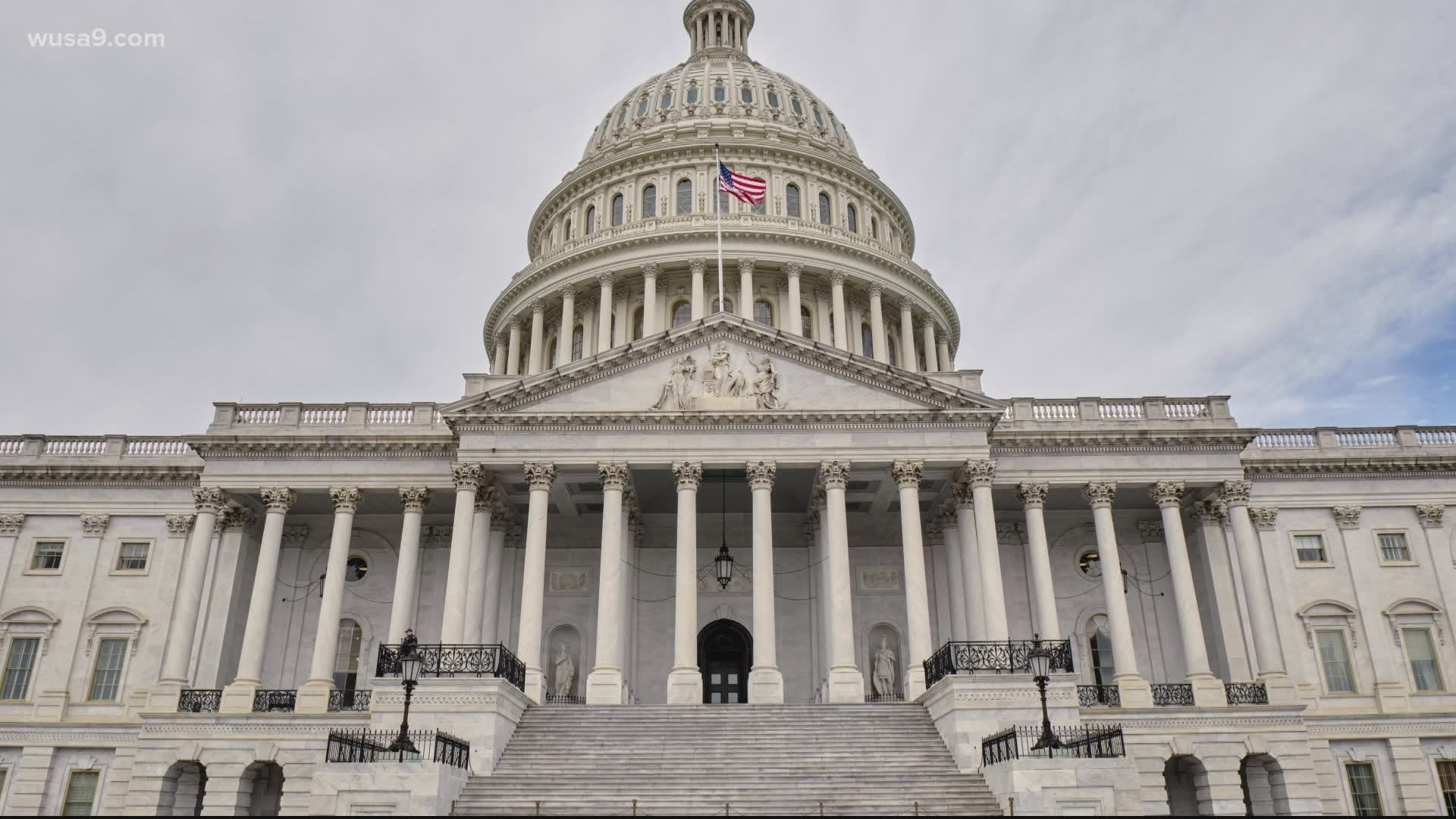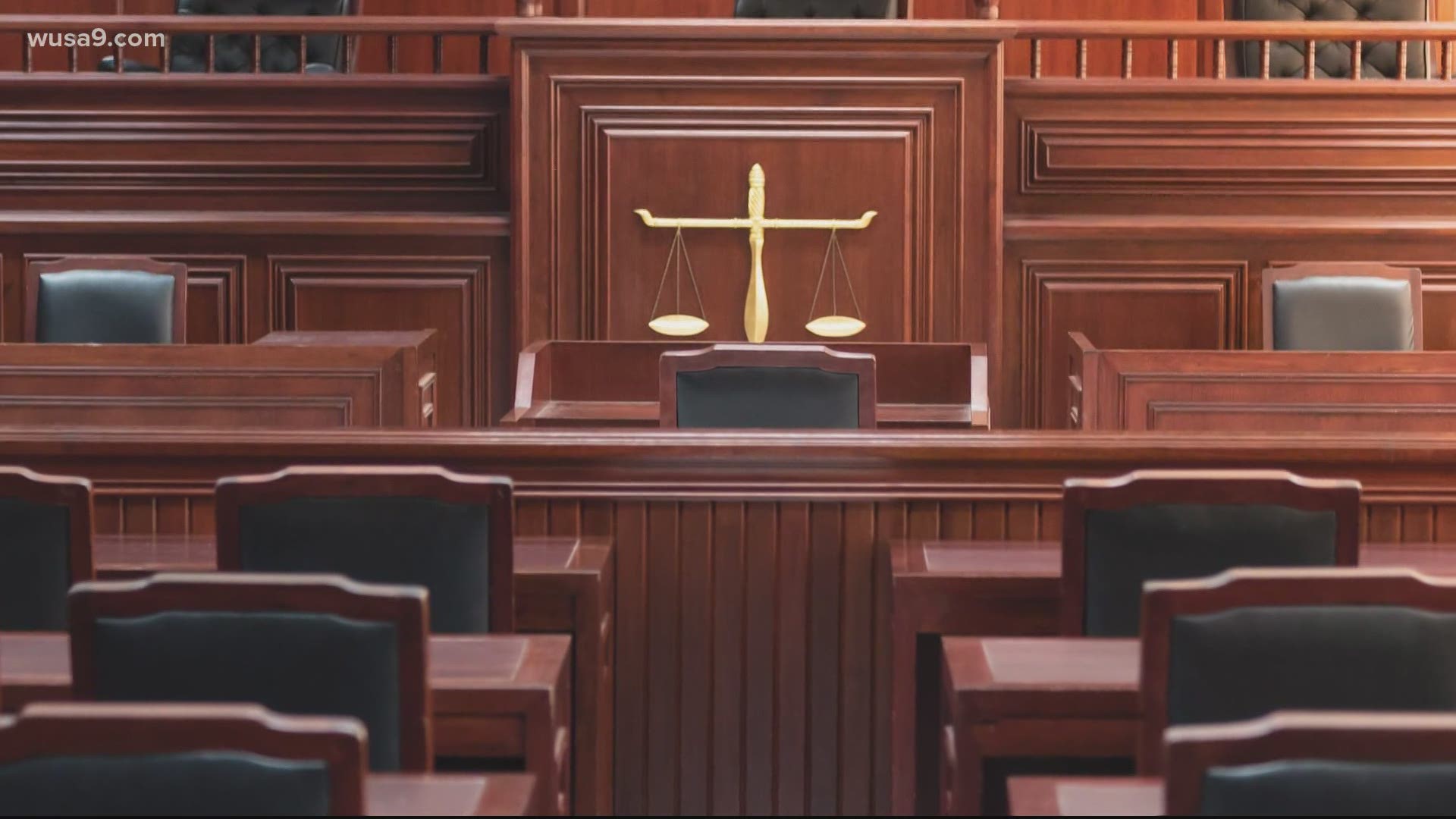WASHINGTON — President Trump is about to become the first President in U.S. history to be impeached by the House of Representatives twice. Meanwhile, some members of his party are asking that they simply censure him instead of moving forward with a full conviction.
Calls for censure are not exclusive to the executive branch, though. Several congressmen and congresswomen are advocating for censuring their colleagues for inciting the insurrection that took place against the U.S. Capitol on January 6th.
What is censure? And what other disciplinary avenues exist for elected officials?
Our main sources are Josh Chafetz, a law professor at Georgetown University, and Robert Peck, constitutional attorney and the President of the Center for Constitutional Litigation.
Chafetz told the Verify team via email there are a couple of different ways elected officials can be disciplined for their actions.
The broad outlines of impeachment and expulsion are in the U.S. Constitution.
"Impeachment is only available against judges and executive officers, and it requires impeachment by the House and conviction by 2/3 in the Senate. It comes with automatic loss of office," Chafetz says. "Expulsion is the way both chambers of Congress keep their own houses in order, and it only applies to their own members. It requires a 2/3 vote of the member's own chamber."
RELATED: VERIFY: If a president is impeached, will they lose benefits like security detail and pensions?
Constitutional Attorney Robert Peck told us expulsion is a means to deny federal office to someone for violating the oath to protect and defend the Constitution, whether by engaging in insurrection or rebellion or giving aid and comfort to those who are engaged in it.
Unlike expulsion and impeachment, the guidelines of censure are not outlined in the Constitution or in any congressional rules.
Consequentially, it's basically a public slap on the wrist, and the censured member remains in office. A simple majority of a chamber can successfully censure a member.
"Censure is available against anyone, but carries no punishment beyond simply the chamber's expression of disapproval," Chafetz says.
"It is like having a demerit on your school report card," Peck told us. "It is a procedure that was utilized in Parliament and was simply adopted without question by Congress."
The U.S. Senate defines censure as "a formal statement of disapproval, however, that can have a powerful psychological effect on a member and his/her relationships in the Senate."
RELATED: VERIFY: What does insurrection mean?
Who has been censured before?
To date, nine senators, 23 representatives and just one president, Andrew Jackson, have been censured. Peck says a subsequent Congress revoked Jackson’s censure.
Chafetz told us about three other ways a congressman or congresswoman can be "disciplined." The first, and most ordinary, is the discipline by voters in the form of not being reelected. This is democracy's answer to wrongdoing or majority disapproval.
"Each house of Congress can also fine its members,' he says. "The member's caucus can strip her/him of seniority or of committee assignments. And of course, elected officials can commit crimes for which criminal punishments are available."
So we can Verify that censuring is just one form of disciplinary action against election officials, and that President Trump wouldn't be the first one to be censured.


